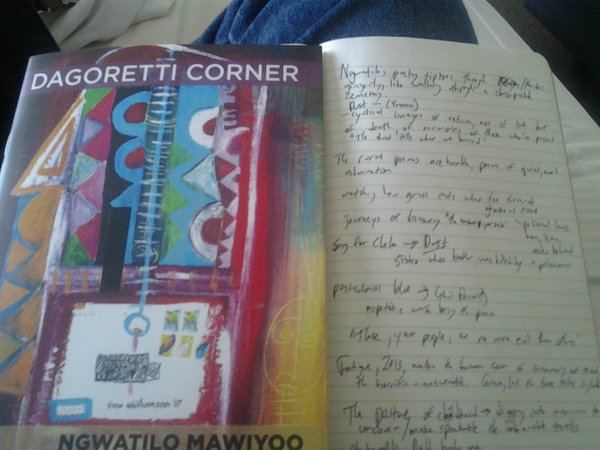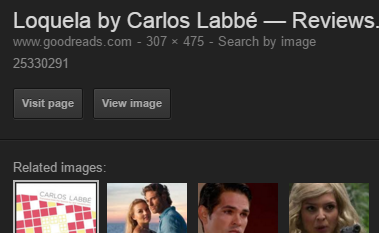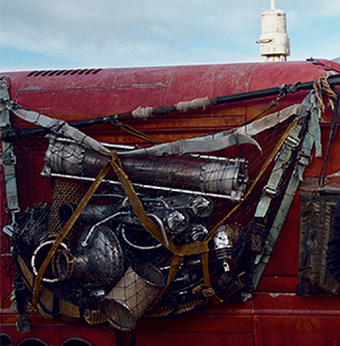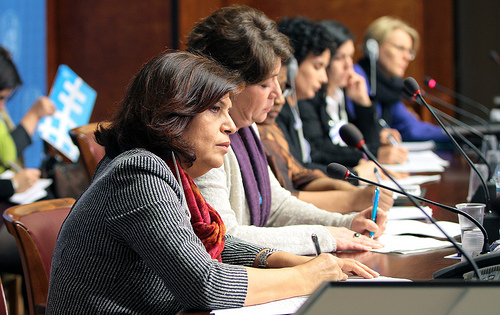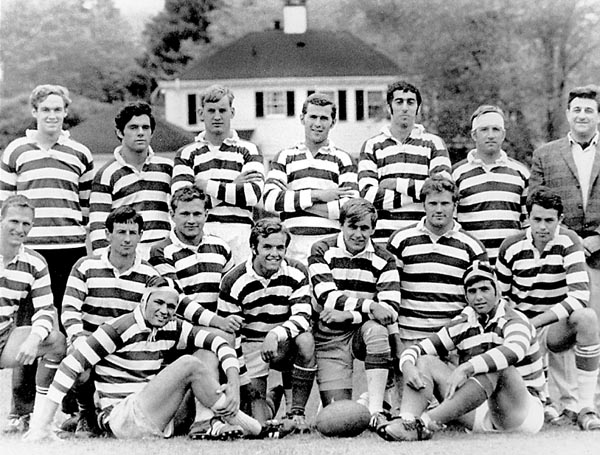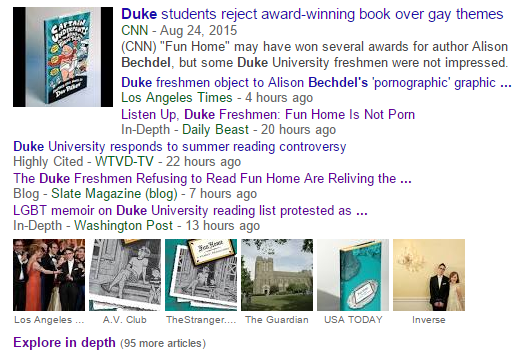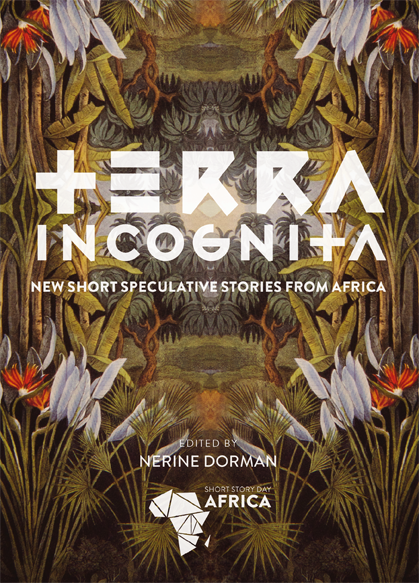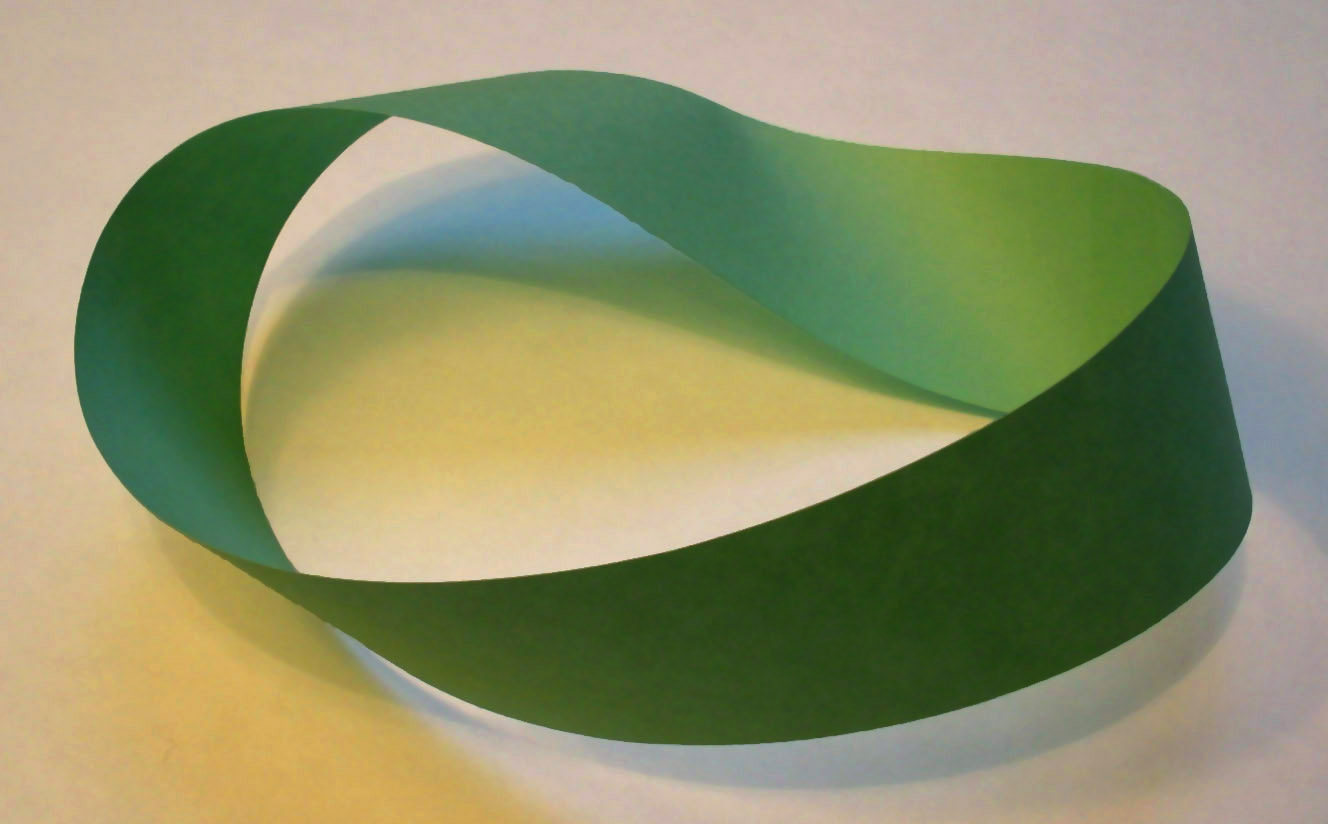African Poetry: Gbenga Adesina
That and this
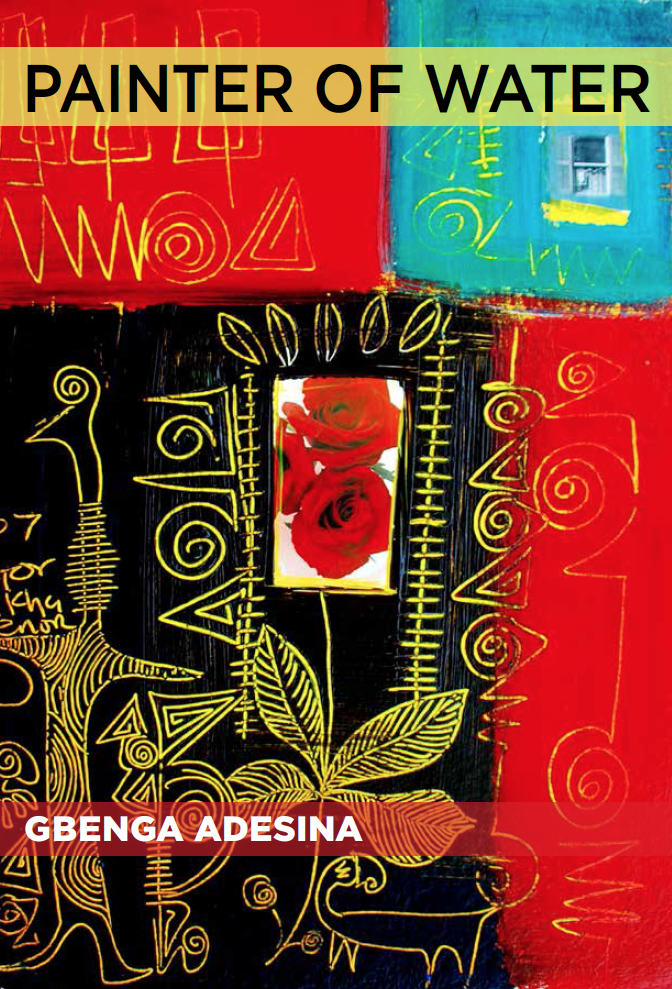
(This is the second of eight chapbooks from this collection that Keguro Macharia and I are reading and thinking about. Read Keguro on Gbenga Adesina here.) As with most chapbooks, there is a general singularity of purpose to Gbenga Adesina’s Painter of Water, a short book of poems which mostly focuses on the plague of war in northern Nigeria. That purpose—for which the speaker is the reference point—is the work of mourning which must be done, and for which—the speaker seems to fear—he will be inadequate: with some exceptions, nearly every poem very visibly struggles to make burning silences into songs, to find ways of making the unspeakable absences of loss and violation into something musical, something poetic. But that struggle comes to the fore in these poems, in a way that the pain and grief and loss itself does… Read More...

